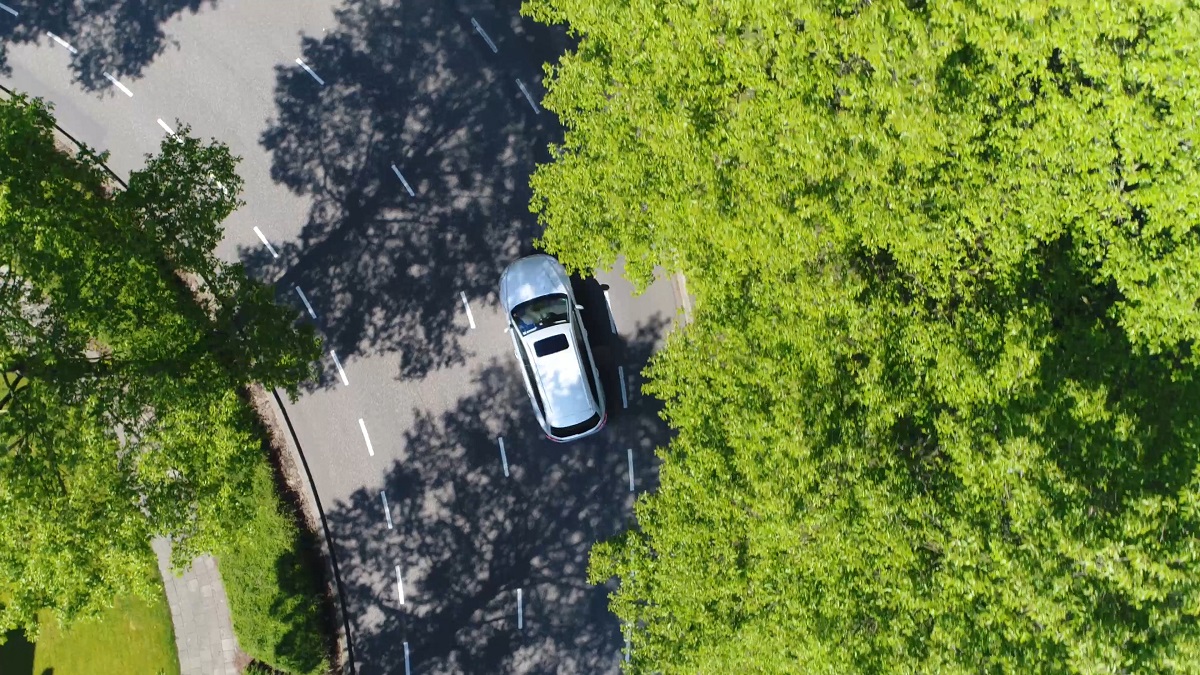Do you know that police officers are not only crime-busting people? They also juggle administrative tasks in their hands, and those include fleet management. Because of many action-packed and high-speed operations, police vehicles can experience wear and tear. The goal here is to minimize such or make sure that damages are easily dealt with.
Fleet management in the police force should not be overlooked, as this will help your station save a lot in terms of money, labor, and fuel. If you want to get started on it or plan to make your existing plan more efficient and effective, below are some things you should bear in mind:
Upgrading the car’s hardware
Maintenance is one of the key areas you need to focus on when it comes to police fleet management. This is because police cars are more susceptible to damage and serious wear; they need to be reliable at all times. From the car’s engine to the police siren, your vehicles should have well-maintained parts. If you have a budget, it is worth to upgrade the car’s parts to optimize its performance and avoid untoward incidents caused by the old parts’ failures or existing damages. A trusty mechanic also makes a valuable ally to the police fleet’s manager.
Implementing reporting protocols
When a police car has to work on an operation, you have to make sure that the gas tank is full and in top condition before or after the operation. But this can be difficult, knowing that vehicles have various drivers in the station. To counter potential issues, you need to implement centralized reporting protocols. The fleet’s log should include details, such as location, the amount of fuel, and the distance the car traveled. The said log will also help you trace the last driver if there are damages to the vehicle.
Giving access to the right people

Not all police officers will be driving cars, especially those that are tasked with administrative duties in the station. With this in mind, you should decide who can and cannot access the police fleet. This will not only help you reduce the amount of wear and tear your car will sustain, but it will also mitigate the risk of ending up with damaged cars due to misuse. All in all, this will translate to the promotion of accountability in your station.
Using technology
If you are looking to have long-term benefits, why not integrate technology into your fleet? One way of doing so is by installing GPS devices in the car. This will help you track fuel usage and increase efficiency by allowing you to determine which high-traffic areas to avoid. If you have existing systems in your fleet, consider upgrading.
Plan accordingly
In the end, it is worth remembering that the upgrades and improvements are not always mandatory. Of course, it will also depend on the police station’s needs and the volume of tasks it receives. Knowing this, you need to conduct a thorough assessment of your police operations.




